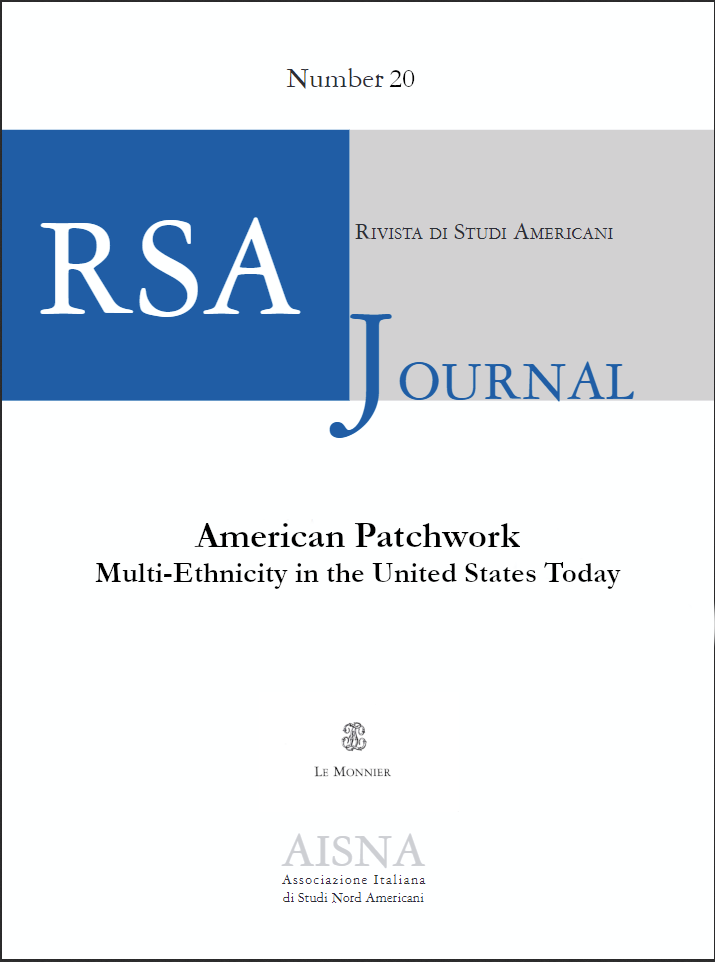“The Foreigner’s Home” and the Racial Self
Toni Morrison, the Body, and the Seduction of Writing
DOI:
https://doi.org/10.13135/1592-4467/8661Keywords:
the self, otherness, identificationAbstract
Recent trends in contemporary African American theory emphasize the problematization that affects the debates centered on the self. Theorist Deborah McDowell, in particular, underlines the difficulty “to posit a ‘positive’ black self, coherent, stable and above all known.” Not surprisingly she identifies Toni Morrison as the writer who can beautifully meet the challenge. Few writers can in fact accomplish the difficult task of blurring the boundaries created by the opposition self/other, familiar/foreign as Morrison does. The story “Stranger” published in 1998 (The New Yorker) followed by the spectacular program “The Foreigner’s Home” that she put on at the Louvre in 2006, are eloquent examples of how Morrison plays with these notions, endlessly mixing and identifying us as “others” to ourselves. Moving from the traditional metaphor of survival and shelter, she connotes the idea of “home” as something essentially ambiguous and at times threatening: a place of estrangement that becomes the necessary space of engagement. Robert Bergman’s haunting portraits, with the intense feeling of “otherness” they convey, offer the author/narrator of “Stranger” the occasion to tell the story and to relocate herself. Only the contact with a stranger can in fact teach her how to survive in a new landscape of identification.
Downloads
Published
Issue
Section
License
RSAJournal applies a CC BY-NC-ND license to all its contributions. This license enables reusers to copy and distribute the material in any medium or format in unadapted form only, for noncommercial purposes only, and only so long as attribution is given to the creator. CC BY-NC-ND includes the following elements:
- BY: credit must be given to the creator.
- NC: Only noncommercial uses of the work are permitted.
- ND: No derivatives or adaptations of the work are permitted.
Authors who publish with this journal agree to the following terms:
- Authors retain the copyright and full publishing rights for their submissions to the journal.
- Authors grant the journal right of first publication with the work simultaneously licensed under a Creative Commons Attribution-NonCommercial-NoDerivatives 4.0 International License that allows others to share unedited work for non-commercial purposes with an acknowledgement of the work's authorship and initial publication in this journal.
- Authors are able to enter into separate, additional contractual arrangements for the non-exclusive distribution of the journal's published version of the work (e.g., post it to an institutional repository or publish it in a book), with an acknowledgement of its initial publication in this journal.




